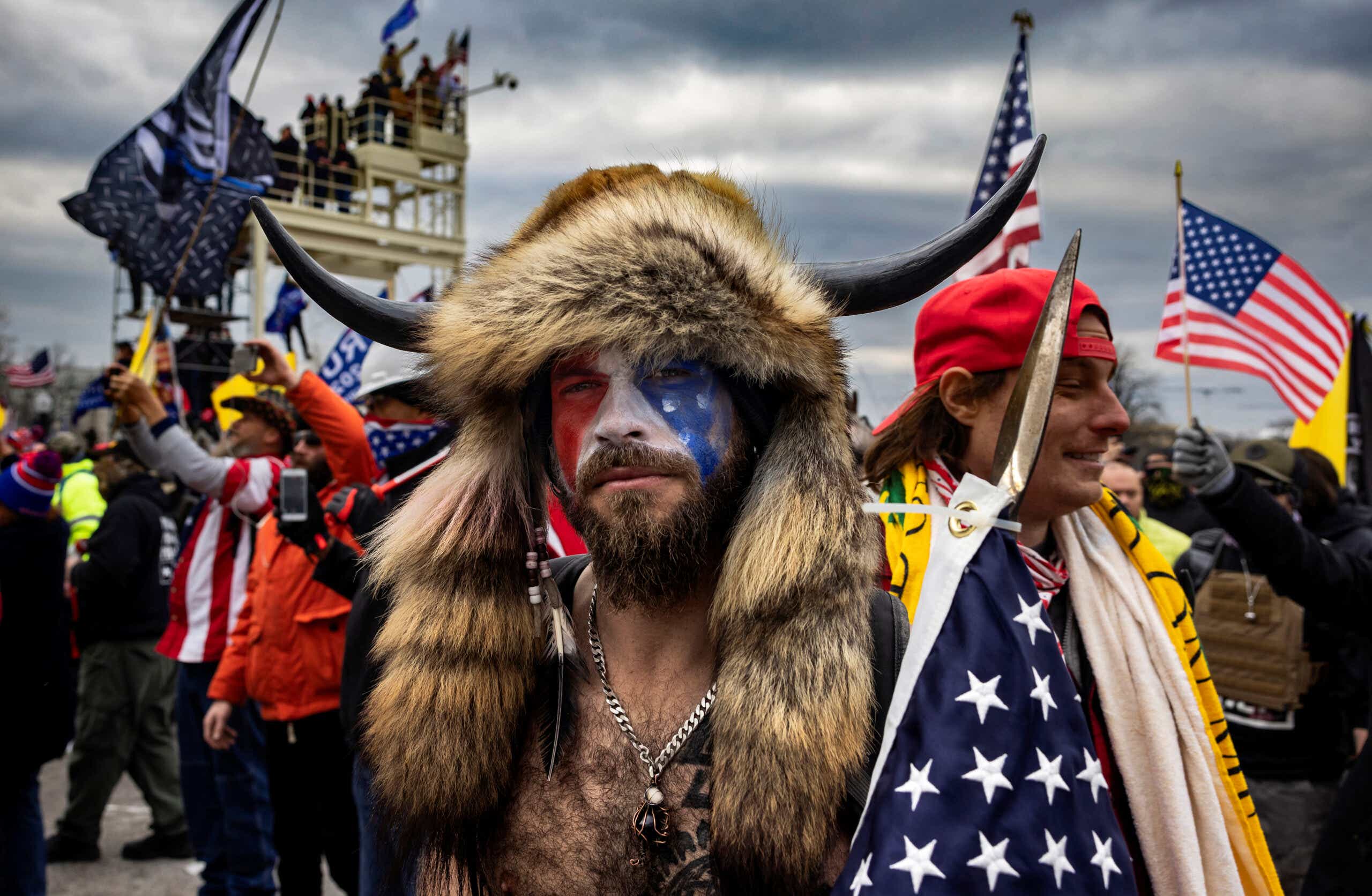It’s a rare and extraordinary news event that becomes a turning point in a nation’s history. One thing such milestones tend to have in common is a date that will be remembered across generations, with no other descriptor needed to summon the gravity of that day. Occasionally, they are moments of triumph — the Fourth of July — but other dates will forever carry with them the weight of catastrophe, or of choices made that changed the course of the future. January 6, 2021, when President Trump’s supporters stormed the U.S. Capitol in an attempt to overturn his defeat in the 2020 presidential election, is now such a date.
KCM spoke to veteran attorney and constitutional law expert professor Jared Carter of Vermont Law School, who shed some light on the significance of the attack, and its implications for American democracy in the future.
What happened on January 6?
In basic terms, the events of January 6 were caught on camera, plain for the world to see. As millions around the world watched in horror, thousands of supporters following calls to action from President Trump stormed the U.S. Capitol. Their aim was to disrupt the joint session of Congress assembled to count electoral votes that would formalize then-President-elect Joe Biden’s victory.
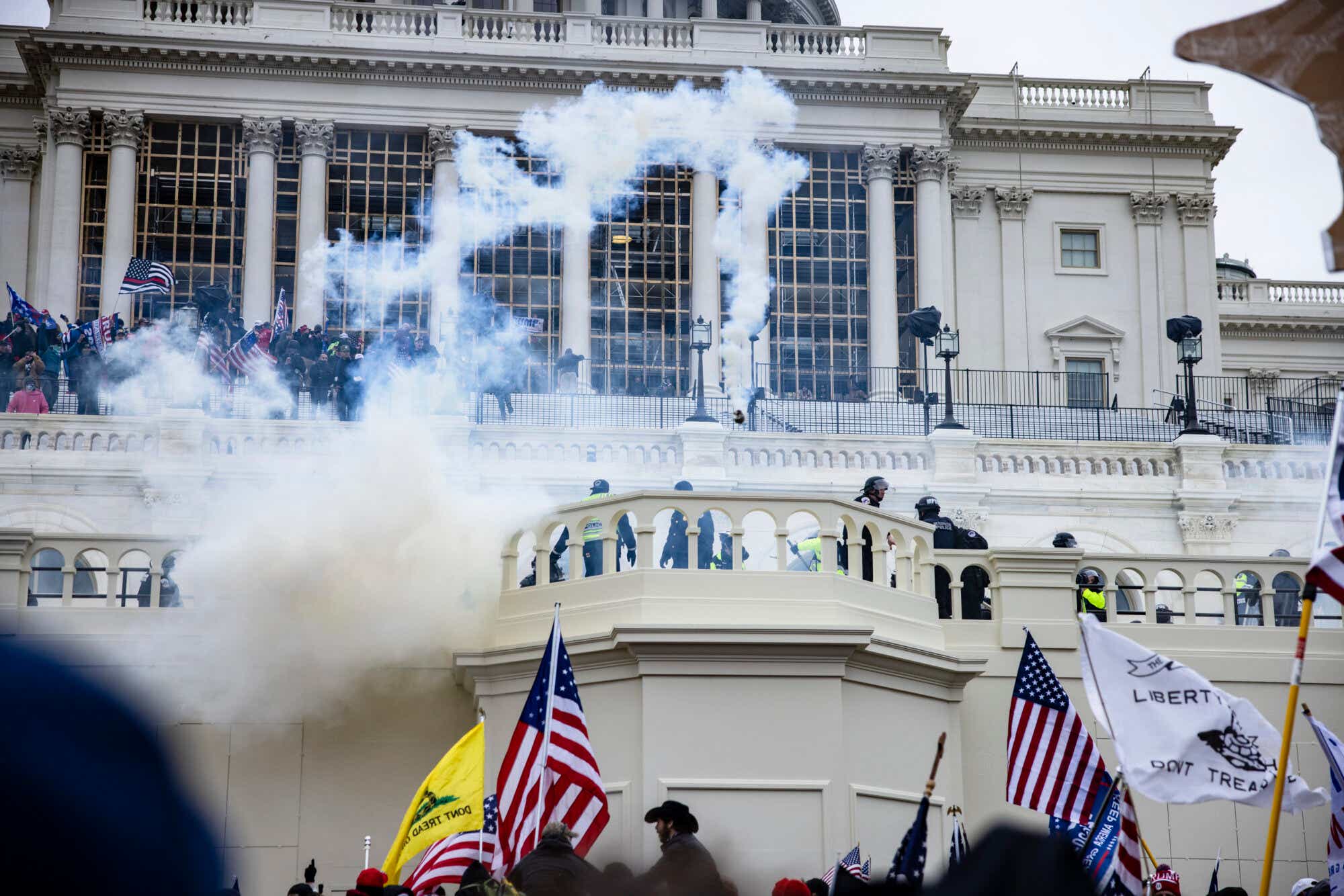
The Capitol Complex was locked down, and lawmakers were evacuated as rioters assaulted law enforcement officers, vandalized property including news cameras and Capitol offices, and occupied the building for several hours.
Who died because of the Capitol riot?
Five people died either immediately before, during, or after the attack. Brian Sicknick, a Capitol Police officer, was overpowered and beaten by rioters and died of his injuries at a local hospital. Ashli Babbitt, a 35-year-old woman from California, was shot by Capitol Police as she attempted to climb through a broken window leading to the Speaker’s Lobby. Kevin Greeson, a Trump loyalist, died of a heart attack, QAnon believer Rosanne Boyland was killed in the crush, and pro-Trump website founder Benjamin Philips died of a stroke.
Four of the officers involved in the law enforcement’s response to the attack died by suicide within seven months. Many more people were injured, including 138 police officers.
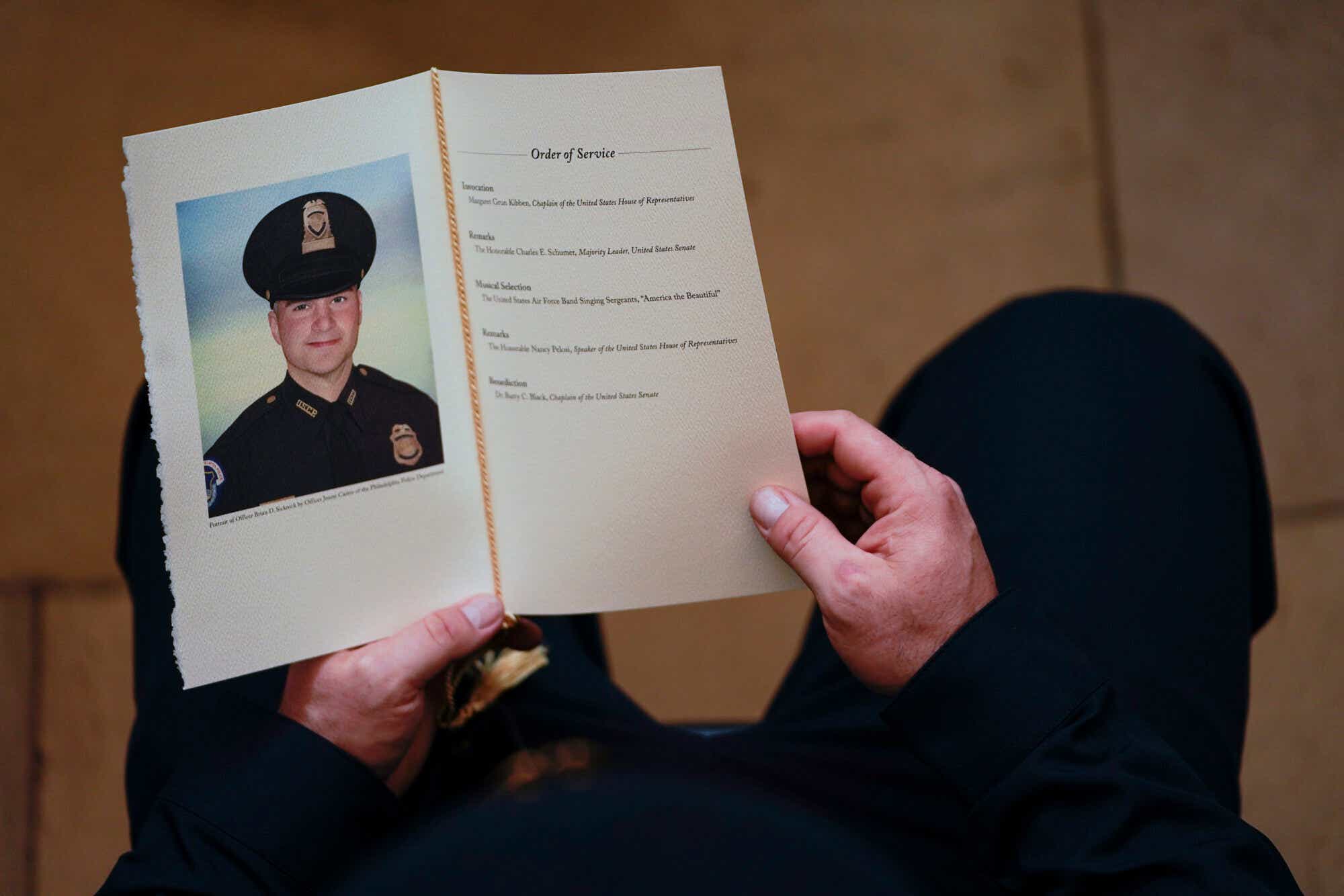
What about the broader significance of the Capitol insurrection?
The above outlines the awful, immediate, events of January 6. Over the last year, more details have come to light — including the revelation at the start of January 2022 that the House panel investigating the insurrection has first-hand testimony that Ivanka Trump tried persuading her father to put a stop to the violence. But horrific though the crimes committed that day were, their lasting impact on our democracy is likely to be far more serious.
“There is no question that what we saw on January 6, 2021, was an attack on our republican form of government – unlike anything we’ve seen since the Civil War,” says Professor Carter. “All this occurred at the confluence of a dangerous and unprecedented set of actors and acts. From extremely troubling, if not criminal, goading by former President Trump and his team, to right-wing militias and a toxic social media environment, what we saw was a tear in the fabric of civil society that if not stitched up, will threaten to tear us further apart in the future.”
Though all this was clear at the time, there’s no knowing the degree to which our understanding of the Capitol insurrection will evolve in the future. “I think the vast majority of Americans — whether Republican, Democrat, or Independent — viewed that violence and that day as a stain on our shared ideals,” says Professor Carter. “That being said, as long as the former President and his team are able to avoid providing information to the Congressional committee investigating the violence, we may never know exactly what happened on January 6, 2021.”
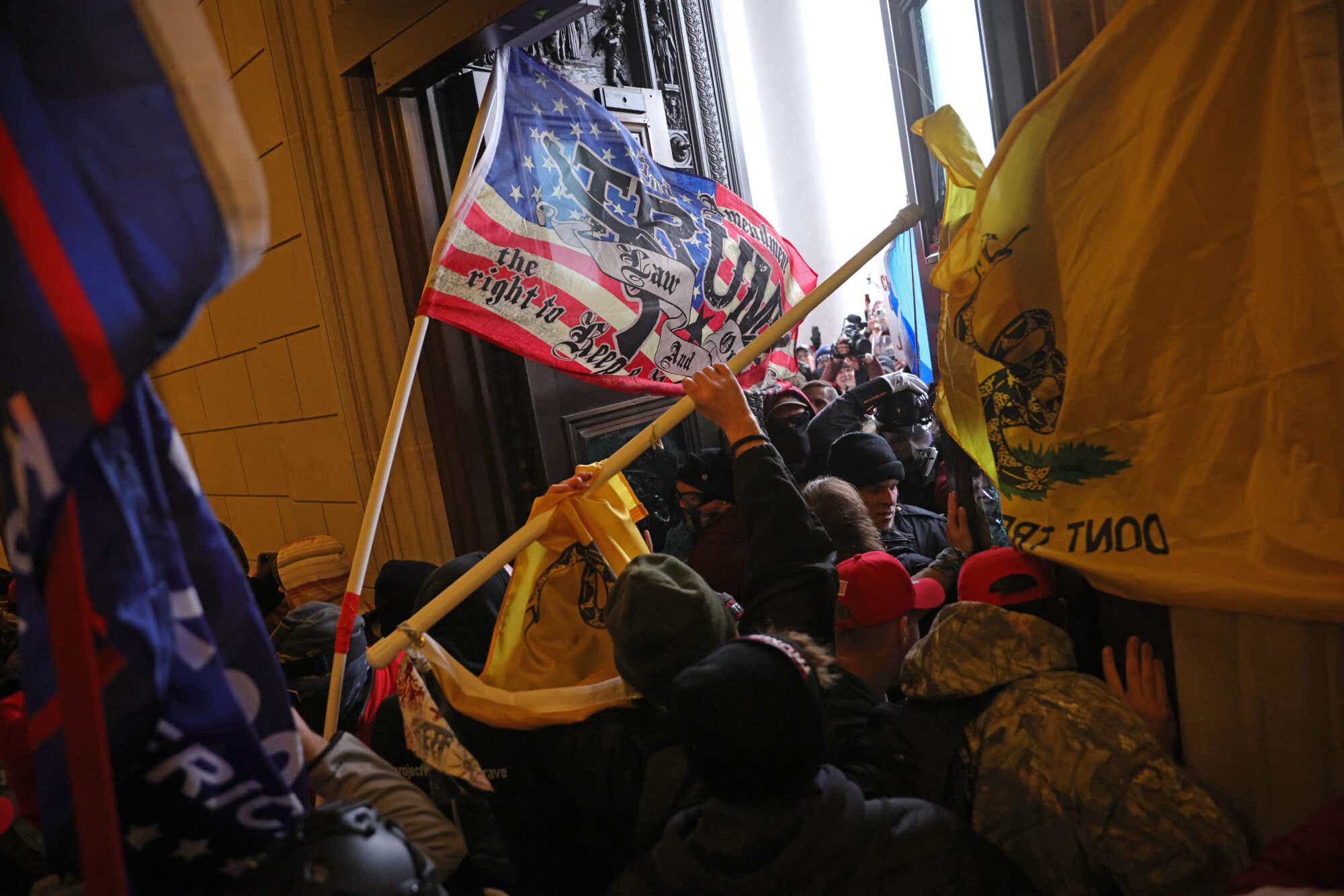
The “Big Lie”
Probably the most terrifying thing about January 6 was that the motivation spurring thousands of people to chaos and violence was based on fantasy. President Trump lost the 2020 election fair and square, yet so many were prepared to commit horrifying crimes in the name of a false victory, weaponizing his lie. It begs the question: how did we get to a place where reality has such little relevance in people’s actions — and what does this mean?
“Perception is reality and I think what we’ve learned in recent years is that objective truth is much harder to nail down than it has been in the past,” says professor Carter. “I think social media and its power in our lives has been a big part of this problem. People say and do things online behind the anonymity of a keyboard and hashtag that they would never do or say in person, which tends to diminish civility. Without civil society, you can’t have democracy. And without democracy, you can’t have the United States of America.”
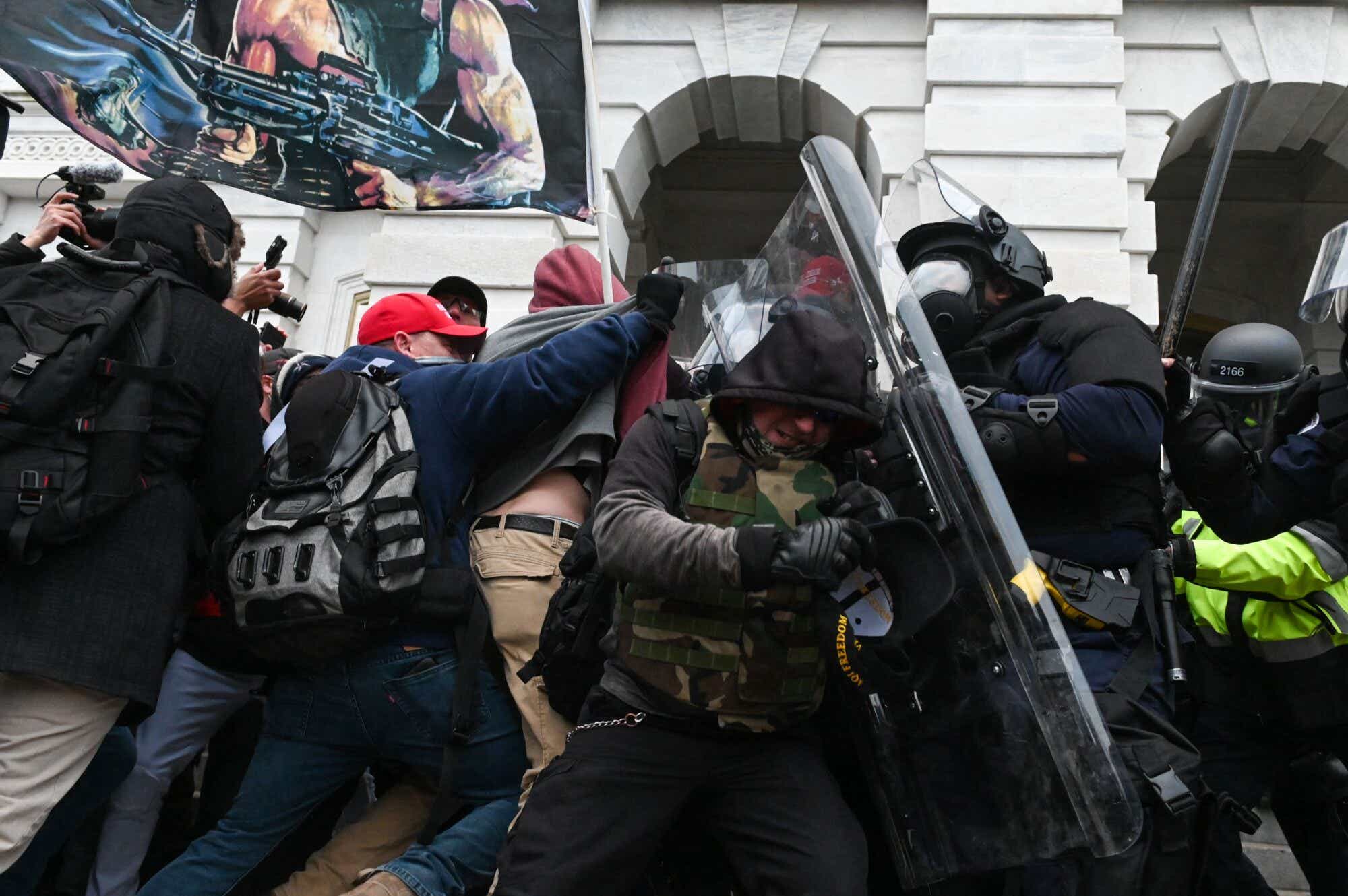
Warning signs
It’s a sobering takeaway, particularly given the response to January 6 from so many of the elected officials we should be able to expect better from. “I think the fact that so-called leaders in our country (members of Congress and the Senate for example) continue to promote the ‘Big Lie’ and use it to rationalize January 6th is a huge warning sign,” says Professor Carter.
“Elected officials are literally condoning the use of political violence as a means to an end. What would Lincoln say? How would the founders feel about such acts? I don’t care what your political perspective is, if at the very least, we can’t condemn political violence, then our constitutional republic is in trouble. We need to soundly reject leaders and ideologies that promote bullets over ballots.”
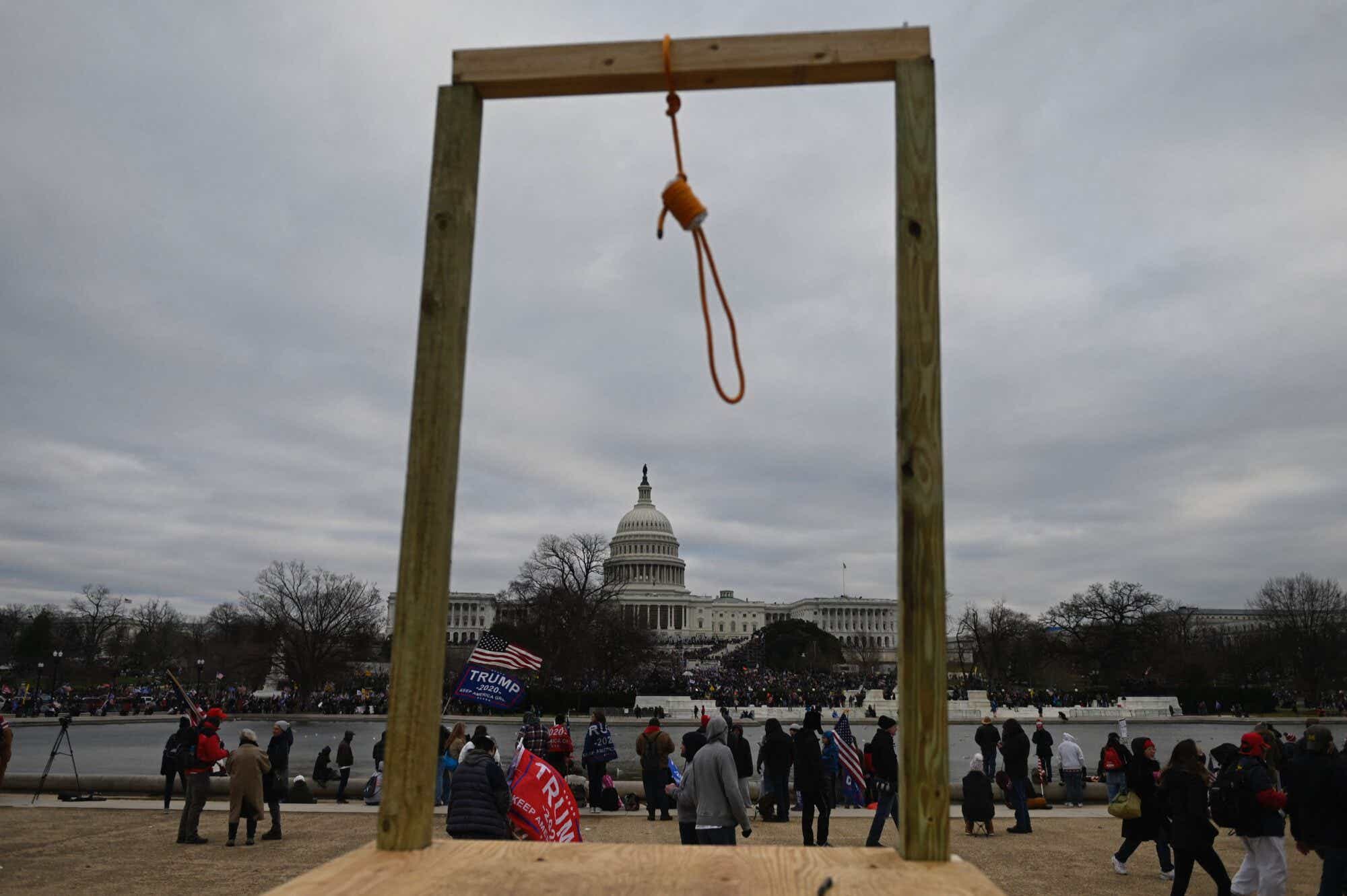
Looking to the future
It may be too soon to say what the long-term ripple effect of January 6 will be. As professor Carter notes, if it leads to an erosion of faith in our republican form of government, for all its flaws, then we’re likely to see more violence as a method of making change. Peter Loge, Associate professor at the School of Media and Public Affairs at George Washington University, had this to say:
“Last January’s insurrection should have been a reminder that words have consequences, and those consequences can include the demise of our national promise. Instead, the insurrection is seen by some as a way to raise more money and gain a marginal electoral advantage at the expense of politics itself. I would remind everyone in politics that you cannot burn down a house and then expect to live in it.”
There is, however, a more uplifting takeaway.
“If it serves as a wake-up call and reminds us that democracy, despite its difficulties, is much better than the alternative,” says professor Carter. “Perhaps that realization will motivate us to strengthen and improve our democracy so it is more inclusive and therefore stronger in the long run. That is my hope.”







